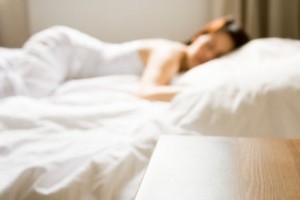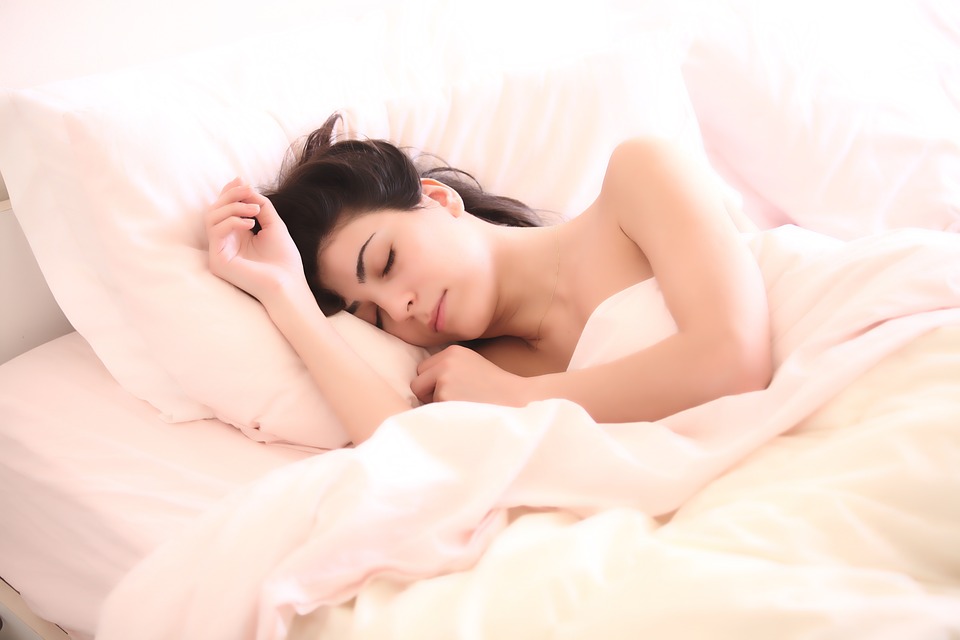PatientTalk.Org conducted this interview about sleep and diabetes with TV’s Dr Rob Hicks just before Easter!
We kicked off with asking Rob to tell us a bit about the connection between sleep and diabetes. He replied “The connection is that if you’re suffering with a problem with sleep and so for example you’re not getting enough sleep that there is a link with an increased risk of developing type two diabetes and that’s two fold, one is because people who do not get enough sleep tend to gain weight and that’s often because actually when we are tired we eat more comfort food and we are less active and there’s also been some research recently suggesting for people who are not getting enough sleep on a regular basis this effects just how effective insulin is , it increases something called insulin resistance which is felt to be the most main reason for type two diabetes so this is one of the many reason why we should take a good night’s sleep very seriously indeed. ”
Turning to the prevention of diabetes he shared “Well the important thing about a good night sleep is obviously the following day if you haven’t had a good night’s sleep you feel really tired , not only loss concentration pool but also productivity is likely to be bad but also you switch to move too eating more comfort food which tend to be high in calories and high in saturated fat, your less likely to be active you’re more likely to drink alcohol, that piles on the pounds in weight and the major risk factor for type two Diabetes is gaining weight. ”
Of course a good nights sleep is important for those who have already been diagnosed with diabetes. “A good night’s sleep is good for everybody whether they have got diabetes or not because one of the problems is with not getting a good night’s sleep and certainly the Dunelm sleep survey has highlighted this is that people who are left tired the following day they are more likely to be irritable, they are more likely to adopt unhealthy lifestyles habits that increase blood pressure that increase cholesterol , we know that those factors increase the risk of not just diabetes but also of heart attacks and strokes but also it increases the risk of stress and anxiety and when we are felling stressed again we don’t follow healthy practises so if we want to get the best out of the day look after our emotional and physical well being then it’s very very important to have a good night’s sleep. ”
You can find out about ways of getting more and better sleep to help fight insomnia at our previous blog! Please follow this link https://patienttalk.org/insomnia-busting-some-great-tips-to-help-you-get-more-and-better-sleep/.




